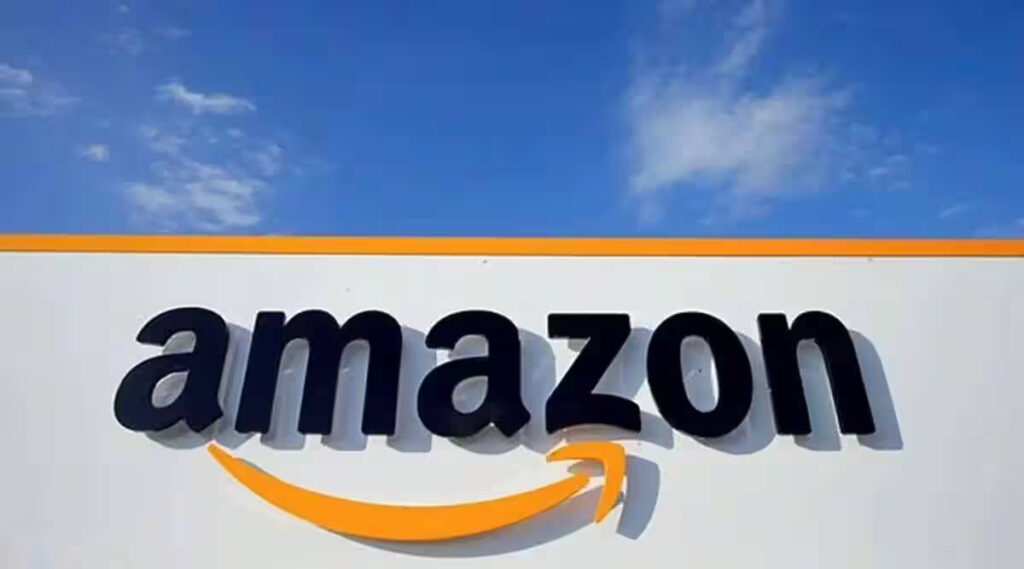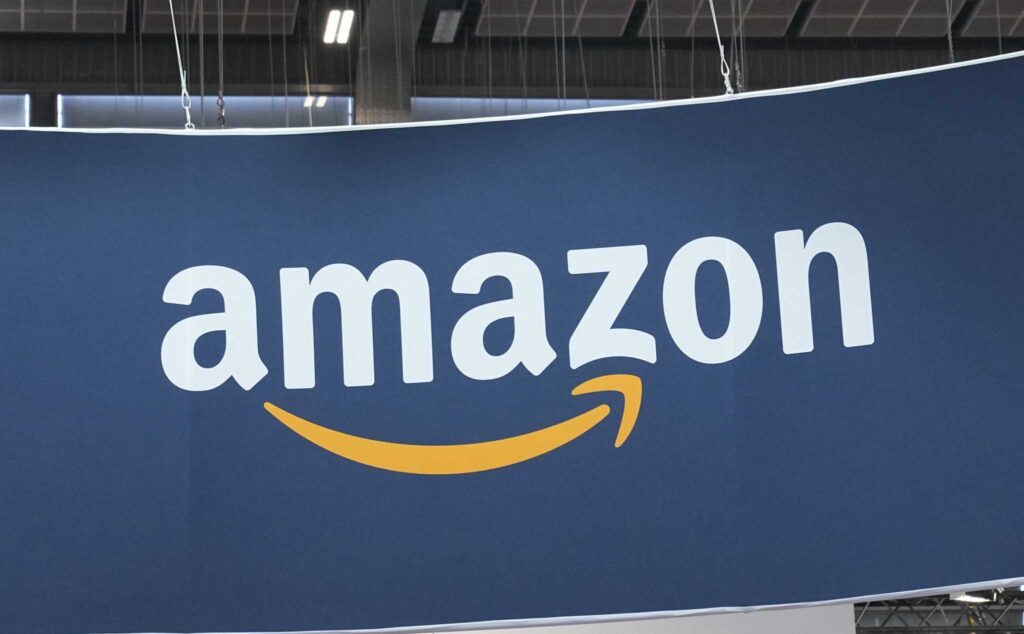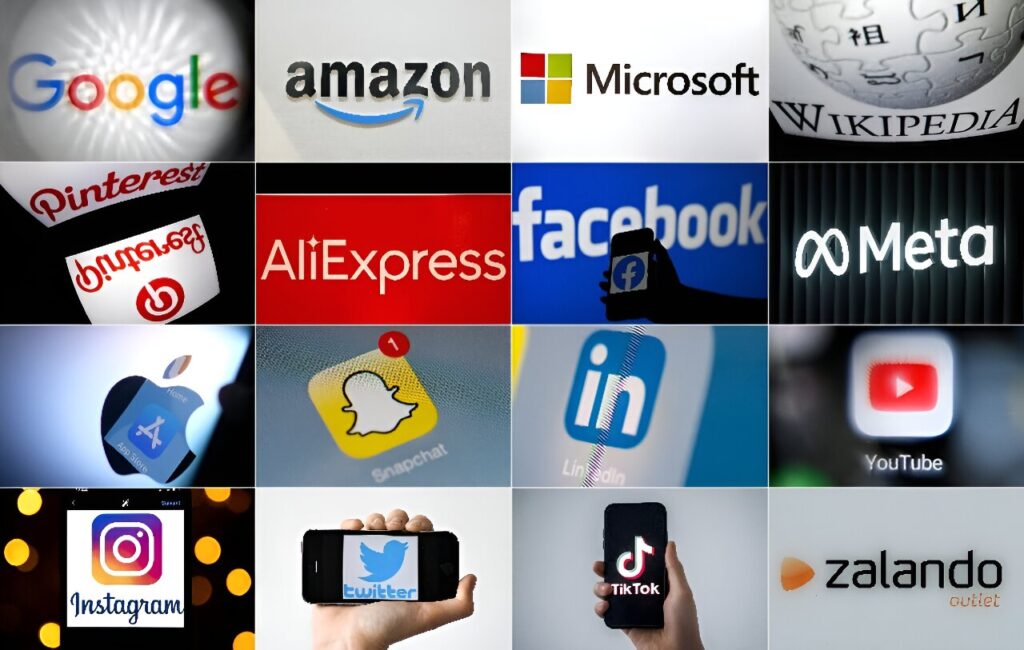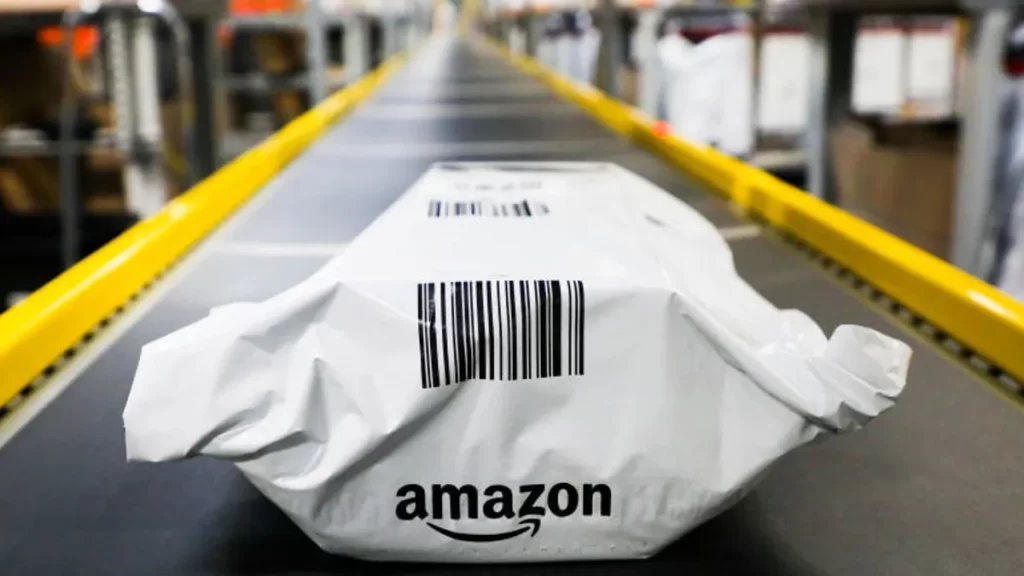Amazon and Microsoft Cloud Units Face UK Antitrust Investigation
In a significant move, Britain’s media regulator, Ofcom, has formally requested the Competition and Markets Authority (CMA) to investigate the dominant positions of U.S. tech giants Amazon and Microsoft in the UK cloud market.

The regulator expressed concerns over features that hindered UK businesses from using multiple cloud suppliers, citing a lack of flexibility and increased difficulty in switching providers. According to Ofcom, Amazon Web Services (AWS) and Microsoft jointly commanded a substantial 70-80% share of Britain’s public cloud infrastructure services market in 2022, leaving Google as their distant competitor with a mere 5-10% share. Ofcom contends that this concentration could have adverse effects on competition within the market.
“The CMA will now conduct an independent investigation to decide whether there is an adverse effect on competition, and if so, whether it should take action or recommend others to take action,” stated Ofcom.
Amazon responded with disagreement, stating that Ofcom’s findings were based on a “fundamental misconception of how the IT sector functions, and the services and discounts on offer.” The company warned that unwarranted intervention might lead to unintended harm to IT customers and competition but expressed willingness to work constructively with the CMA.
Similarly, Microsoft, holding a significant stake in the UK cloud industry, pledged its commitment to ensuring innovation and high competitiveness. A Microsoft spokesperson asserted, “We will engage constructively with the CMA.”
Ofcom’s move follows its earlier expression of concern in April, prompting speculation about a potential antitrust investigation. UK businesses, in their feedback to Ofcom, emphasized the difficulties in switching or combining cloud providers, leading to the decision to refer the matter to the CMA. Fergal Farragher, Director at Ofcom, stated, “So, we’re referring the market to the CMA for further scrutiny, to make sure business customers continue to benefit from cloud services.” The CMA welcomed the referral, acknowledging the critical role of effective competition in the £7.5 billion ($9.1 billion) cloud services market, upon which many businesses rely.
Also Read: Google’s New Virtual Assistant to Include Bard AI Tools
This move aligns with a broader global trend, as both the French antitrust authority and EU regulators have shown an increasing interest in scrutinizing practices within the cloud computing sector. Google’s Vice President, Amit Zavery, stressed the need for an open cloud market without vendor lock-in, reflecting the sentiments of UK government agencies, businesses, and consumers.
The CMA is expected to conclude its investigation by April 2025, marking a pivotal moment in shaping the landscape of the UK’s cloud services market.

I am a law graduate from NLU Lucknow. I have a flair for creative writing and hence in my free time work as a freelance content writer.





